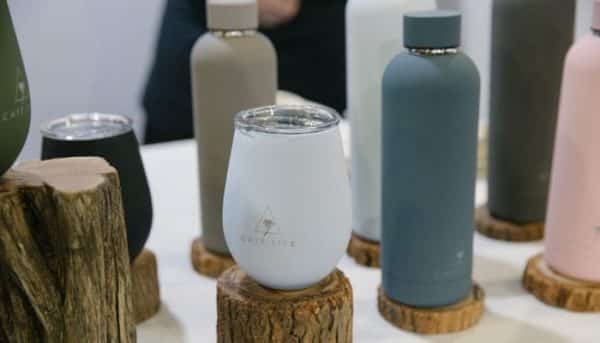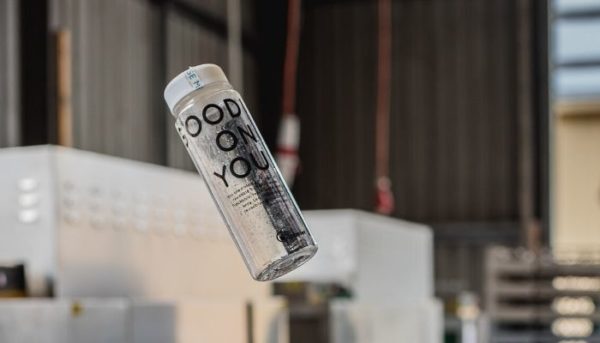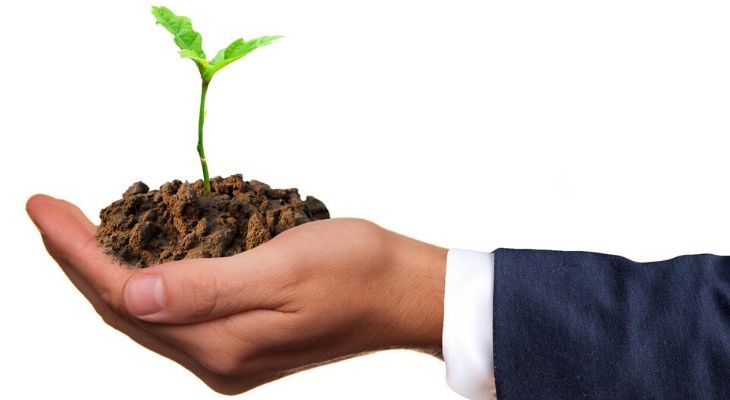The Sustainability Trends You Can’t Afford to Ignore
Alongside factors such as price, popularity and quality, more and more Australians are writing a whole new list of shopping criteria.
According to a 2018 report, not only do 79 per cent of Australians believe brands and companies, alongside retailers, should help to limit our environmental impact, but 43 per cent of them also avoid buying products with unnecessary packaging. And almost one in three looks for products with a recycling program or other sustainability credentials in place.
They’re willing to pay more for it, too. The same report found that 71 per cent of Australian consumers would pay extra for a sustainable product, while a quarter of them would pay 10 per cent more.
“The demand for sustainability is a trend that will only continue,” says Caleb Marshall, managing director of Australian superfood brand Tropeaka. “We love the fact that our customers are passionate about not only demanding a product that’s of the highest quality, but that the business behind it is focusing its efforts towards sustainability.”
Jessie Morris-Tooms, marketing manager for MOJO Kombucha, a brand that has put sustainability front and centre since its inception in South Australia’s McLaren Vale almost 10 years ago, agrees. “There is definitely a growing expectation from consumers that brands should be doing the right thing,” Morris-Tooms says. “And they’re right to demand more.”
So, the question is, if your consumers are demanding it, what are you doing to deliver it? Here are five strategies to consider.
Pay Attention to Packaging
As a nation, Australia is passionate about recycling: 69 per cent of us separate items into the correct bins come rubbish day. It makes sense, then, that “recyclable” equals “sustainability” for a lot of customers. It’s one reason MOJO is passionate about bottling its kombucha in clear glass.
“Glass is the best vessel for our naturally acidic kombucha, and clear glass lets people see exactly what’s in the bottle,” Morris-Tooms says. “But it’s also 100 per cent recyclable, unlike brown glass or PET bottles, which are notoriously difficult to recycle.”
The labels and lids on the bottles are fully recyclable too. “Not only are our bottles produced with a component of recycled glass, our cartons are made from recycled cardboard, and promotional materials are printed on recycled stock.”

Supply Reusable Products
Consider developing an alternative to single-use products – such as Tropeaka’s reusable bamboo straws – or a “bonus deal”, like MOJO’s bottles. “We’ve created a bespoke bottle that’s designed to be reused,” says Morris-Tooms. “While they are recyclable, we encourage MOJO drinkers to reuse our bottles as vases, drink bottles and storage for bulk foods.”
Think Beyond the Product
It’s not just your product that needs to deliver on sustainability – what goes on behind the scenes of your brand is important, too.
At MOJO, no detail is too small. “In our office, we use 100 per cent recycled toilet paper and natural cleaning products, and we stock our kitchen with crockery and cutlery so that staff are less likely to purchase lunch options with excess waste,” Morris-Tooms says. “We also use compostable BioCups whenever we do sampling or event work, and go to great lengths to avoid single-use plastic in our entire supply chain. At the moment, we’re investigating how we can improve and replace basic items like tape with more sustainable options.”

Use Suppliers that Embrace Sustainability
Tropeaka may be a superfood brand, but it also provides a range of utensils, including coconut bowls and wooden spoons, all of which are made from sustainably sourced materials. “Likewise, we’ve sourced 100 per cent biodegradable void fill to keep our packaged food-based products secure during transit,” Marshall says.
Morris-Tooms couldn’t agree more that finding the right suppliers is vital to a brand’s sustainability cred. “As the customer in this instance, don’t be afraid to demand better of your suppliers,” she says. “Ask the difficult questions, be aware of what you’re sourcing, where it comes from and who’s participated in making it.”
Keep Evolving
“Sustainability in business is always a work in progress,” says Morris-Tooms. “At MOJO, we’re continually working to improve and are always excited to learn about new ways we can adapt our business practices to make them even more environmentally friendly.”
Marshall agrees: “Like most brands, at Tropeaka we’re still looking for the best options to suit our package designs, marketing and deliverability needs,” he says. “And it’s always smart to be on the lookout for new products and solutions that are sustainably sourced, and that consumers are demanding, which could be a great add-on to your current product strategy.”
-
Get your FREE ticket
- REGISTER FOR FREE
